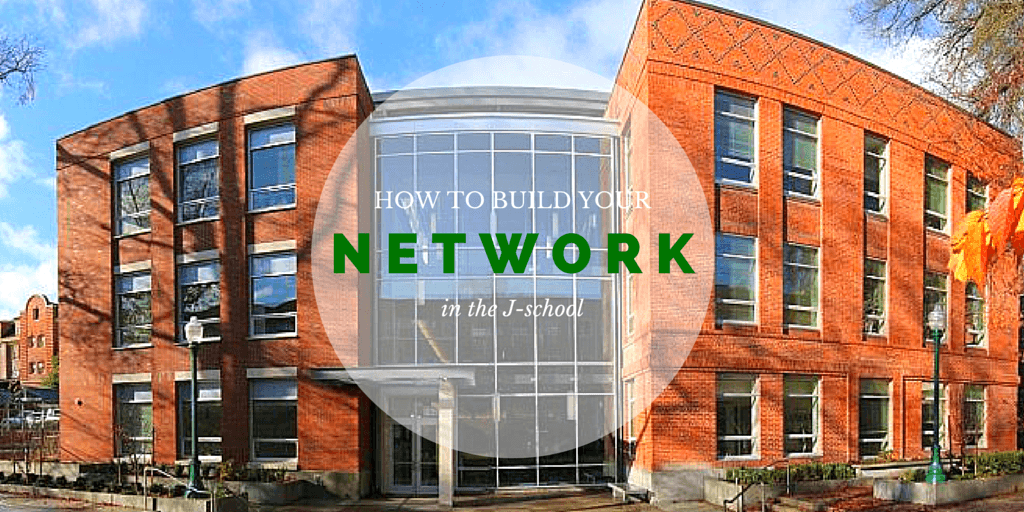Attention junior and senior students: it’s time to start networking! “Building a network” may sound like an overwhelmingly large task, but we promise it’s easy as 1, 2, 3. Follow the three steps below to start creating a custom network that will serve as your most useful (and powerful) professional tool.
Do some digging.
Building your network is an exciting process that requires you to connect with many different peers and professionals. But how do you know whom to get in contact with? Start by doing some digging. Reach out to professors, current and past employers and even your parents. Have them suggest friends or colleagues for you to get in touch with. They could even send a friendly email that puts your name on their radar, which really increases the likelihood you’ll get a response.
Start connecting.
Once you’ve put together a solid contact list to work with, it’s time to start connecting with folks. Send out e-mails asking for informational interviews about their business, or even to just meet over coffee. Make sure to do your research first. Collect as much information as possible about what this person does for a living before chatting with them. This will show them that you’re serious about starting a professional relationship – they will respect you for it. And don’t forget to make a connection on LinkedIn too.
Follow Up.
After making initial contact with a person, do not forget to follow up. Follow-up e-mails and phone calls will instill a lasting impression on your new acquaintances. Ask about what’s going on in their industry, ask for suggestions on other resources…be creative about how you foster this new relationship.
Remember that you, too, should contribute to professional relationships. Offer knowledge on current industry news, connect your peers with professionals in need of new employees, and generally build trust that will carry your relationship far into the future. Your network will be your new BFF. Treat these relationships with respect, stay in touch, and keep them in the loop with any major (professional) events in your life. The possibilities of where your network can take you are endless – so start building!
What are some ways you’ve already started building your professional network?
Anna Williams, external relations committee member, is a senior studying Family & Human Services. She’s obsessed with craft beer, avocados and everything about Seattle, and is pursuing a career in Food + Bev PR. Follow her on Twitter @annaleighwill.











